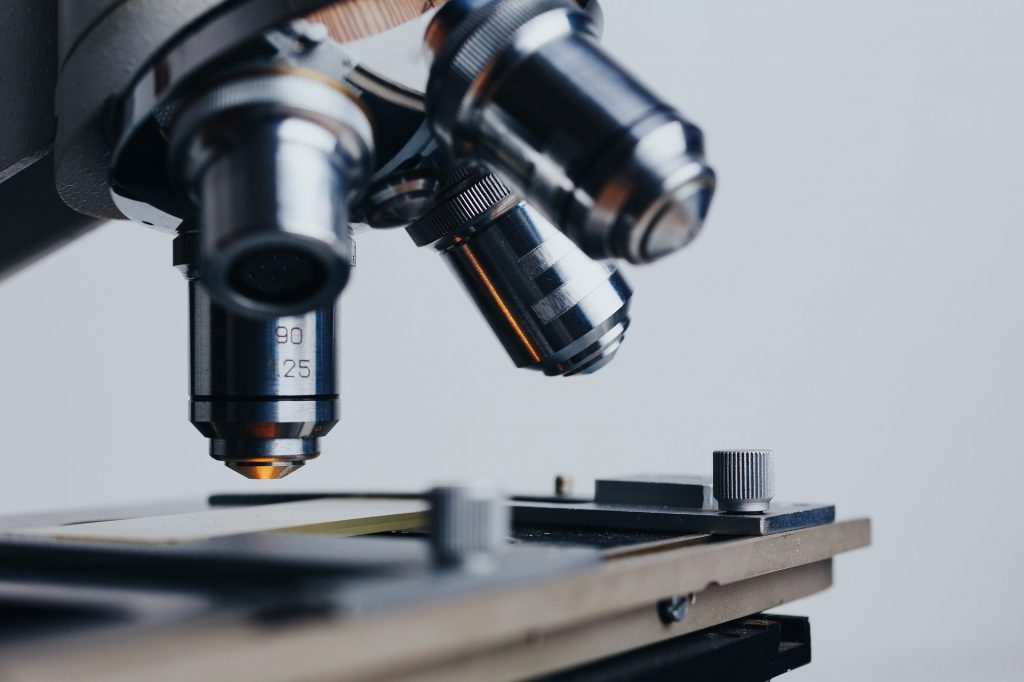Not all science is good science

In my previous column I wrote this sentence: Not all science is good science. Today I want to develop this. Perhaps I was too naive of me, but I began my studies with the assumption that all the published scientific articles are trustworthy, however, during the second year of my career I began to realize that this is unfortunately not the case and not only am I talking about pseudoscienceBeliefs or practices that are incompatible with the scientific method; Example: homeopathy), but I am talking about a real science based on scientific methods that follow a series of strict criteria.
Before proceeding, it is necessary to explain three points:
- What are scientific methods?
- Who/what/who funds scientific research?
- What is the process of publishing a scientific article?
I will try to be as brief as possible.
#1. Scientists try to understand and explain the world around usThis is achieved by creating theories that lead to the formulation of a testable hypothesis through experiments, of which there are many types.
#2. Most scientific research is funded by government grants (Example: National Institutes of Health – National Institutes of Health by its acronym in English – in the US), by private companies and its R&D department (eg: Pharmaceuticals), and by non-profit organizations (eg: CRUK – Cancer Research UK for its abbreviation in English – in the UK). But to obtain funds from these institutions and develop studies, scholars must submit applications that are somewhat competitive, and they hope that those who review the application will see the potential for the project of interest to award money.
# 3. The scientific article publishing process is very strict when it comes to scientific journals Trustworthy (Yes, this is correct There are unreliable scientific journals). First, you have to choose the appropriate journal for the topic of the described study and follow its terms (including word limits, figures, tables, reference formula, etc.), then you have to submit it so that the article is acceptable to audit – Be careful, it does not mean acceptance for publication, only for review (that in itself is a great achievement for the group of scientists behind the article) – If it continues forward, a long review process will follow as a team of experts on the topic identified by the scientific journal, read and edit the article , they can even order more trials from the authors group and this process can take months or even Years before the article was officially published in the magazine. It should also be noted that submitting the article to this process (with a high probability of rejection) is an order beautiful Expensive, we are talking about numbers that can run into thousands of dollars, depending on various factors.
Well, let’s continue… After all, you might think that any study published in a scientific journal is really reliable, but no, there are some important considerations:
- Not all scientists are well prepared Or advise appropriate experiments and processes to test their hypotheses.
- All experiences have their limits And one of the biggest is the thinking that everything can be controlled—the science is far more complex than experimental design allows.
- Potential for bias in sponsored studies By some pharmaceutical companies or companies that want to promote their products (for this reason, all scientific studies have a section explaining how the study will be funded).
- The credibility and reputation of scientific journals; There is a term used for journals that publish anything: “predatory journals” – they charge little (if any) for submitting articles, and therefore don’t necessarily follow a rigorous review process.
As I mentioned, publishing scientific articles is a challenge, and unfortunately science policy basically measures a scientist’s success by the number of publications he has and the number of times his articles are cited. You can imagine then why some scientists go so far as to take disappointing measures to practice cheap science until (according to them) they don’t fall into the black hole of science and are forever forgotten.
Finally, I will tell you what my PhD supervisor told me when I met him: “There are two things No I tolerate in my students: one is discrimination towards others of any kind The second is bad science“.
Bad science is a topic and as I mentioned there are many wonderful reasons, but all that was said, The amount of bad science that exists compared to good and reliable science is minimal!Thanks to the rigorous and standardized processes involved in scientific research. Those interested in science should beware of bad science and try to search for scientific information from reliable sources and journals. On the other hand, we as scientists must do our best to promote and practice good science.
This article represents the criteria of the person who signed it. Opinion articles published do not necessarily reflect the editorial position of this medium.




